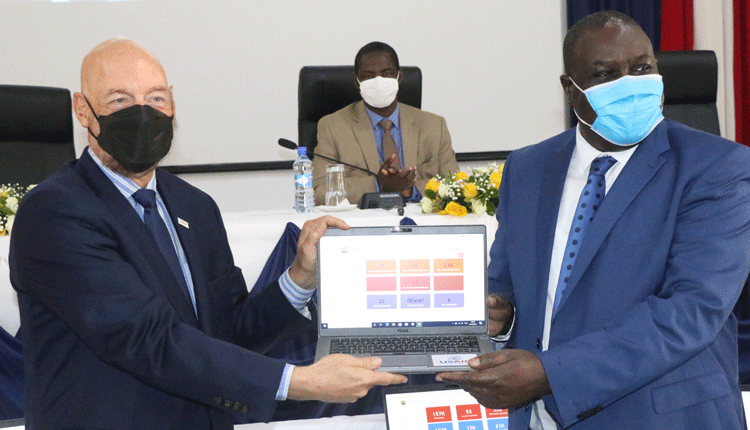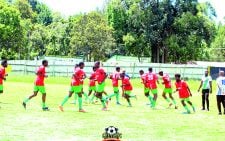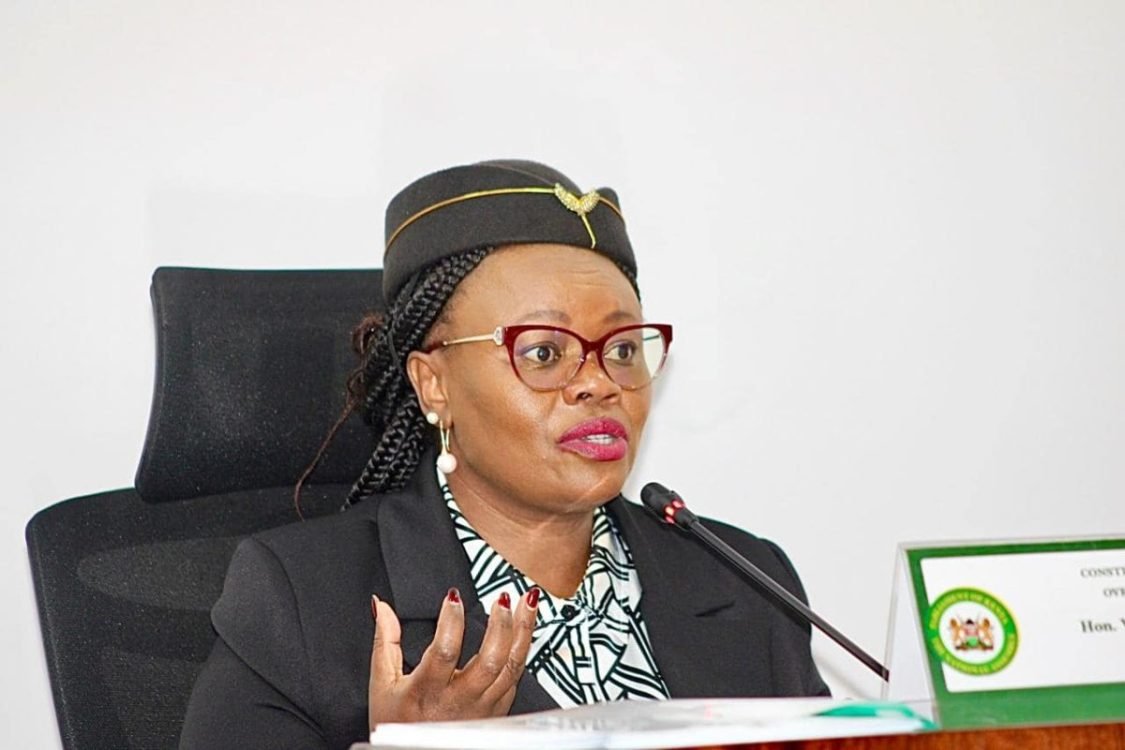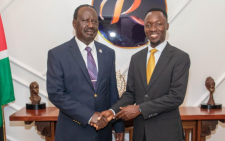Study suggests more time be spared for languages

A new report has called for the need to adjust timetables of Grades One to Three to give learners more time and resources to regularly practice reading English and Kiswahili.
This is after the USAid Tusome Early Grade Reading Assessment (EGRA) report showed that reduction in English and Kiswahili instructional hours under Competency Based Curriculum (CBC) may have contributed to a decline in reading performance.
Report, which was released yesterday, also indicated that reduction in lessons from five to three per week during the 2019 school year led to gaps in coverage of Tusome instructional content, with Government now urged to consider increasing instructional time for the two subjects back to five per week to better align with reading goals under CBC.
“On the overall, reduced exposure to Tusome appears to have negatively impacted children’s English and Kiswahili skills.
As a result, pupil reading performance actively worsened, moving away from the benchmarks,” says the report.
“Given the strong, statistically robust relationship between pupil reading performance and regular reading practice, there is need to ensure that children are able to practice reading in a variety of formats, including practicing reading silently or aloud as well as at home and in classrooms,” added the report.
Education Principal Secretary, Dr Julius Jwan launched the report at Kenya Institute of Curriculum Development (KICD) on behalf of Cabinet Secretary Prof George Magoha.
While there has been marked progress since the baseline survey in 2015, the report showed that a great majority of pupils are still unable to read with comprehension at a grade appropriate level.
“Remedial programming for struggling readers could involve supplementing core reading lessons with additional English and Kiswahili instruction and guided practice time tailored to learning levels and needs of pupils,” the report.
Significant improvement
The EGRA in English and Kiswahili survey was conducted from a panel of 204 schools distributed across former eight provinces.
Dr Jwan, however, said from baseline to endline, pupils showed significant improvement on all EGRA tasks in both English and Kiswahili.
He said introduction of the 1:1 book ratio textbook to pupils has improved performance of learners in public primary schools.
Dr Jwan said the government has enabled every learner in primary school to have textbooks in all learning areas, saying the learners were able to study more than had been in the past.
He said the 1:1 book ratio came in handy during the Covid-19 pandemic as learners had books to read at home
“It turns out that the 1:1 book ratio, which has helped improve on learning outcomes was obtained from the Tusome programme.
They made us appreciate that textbooks can be cheaper…books we used to buy for Sh800 when we used to send money to schools is now as low as Sh100,” said Dr Jwan.
Tusome Early Literacy Programme is being implemented in all schools countrywide with financial support of the USAid.
Programme, which targets English and Kiswahili learning areas among learners in Grades One to Three, was first piloted in August 2011 to August 2014 in 547 schools from five counties under the primary Mathematics and reading initiative that improved reading fluency rate.









